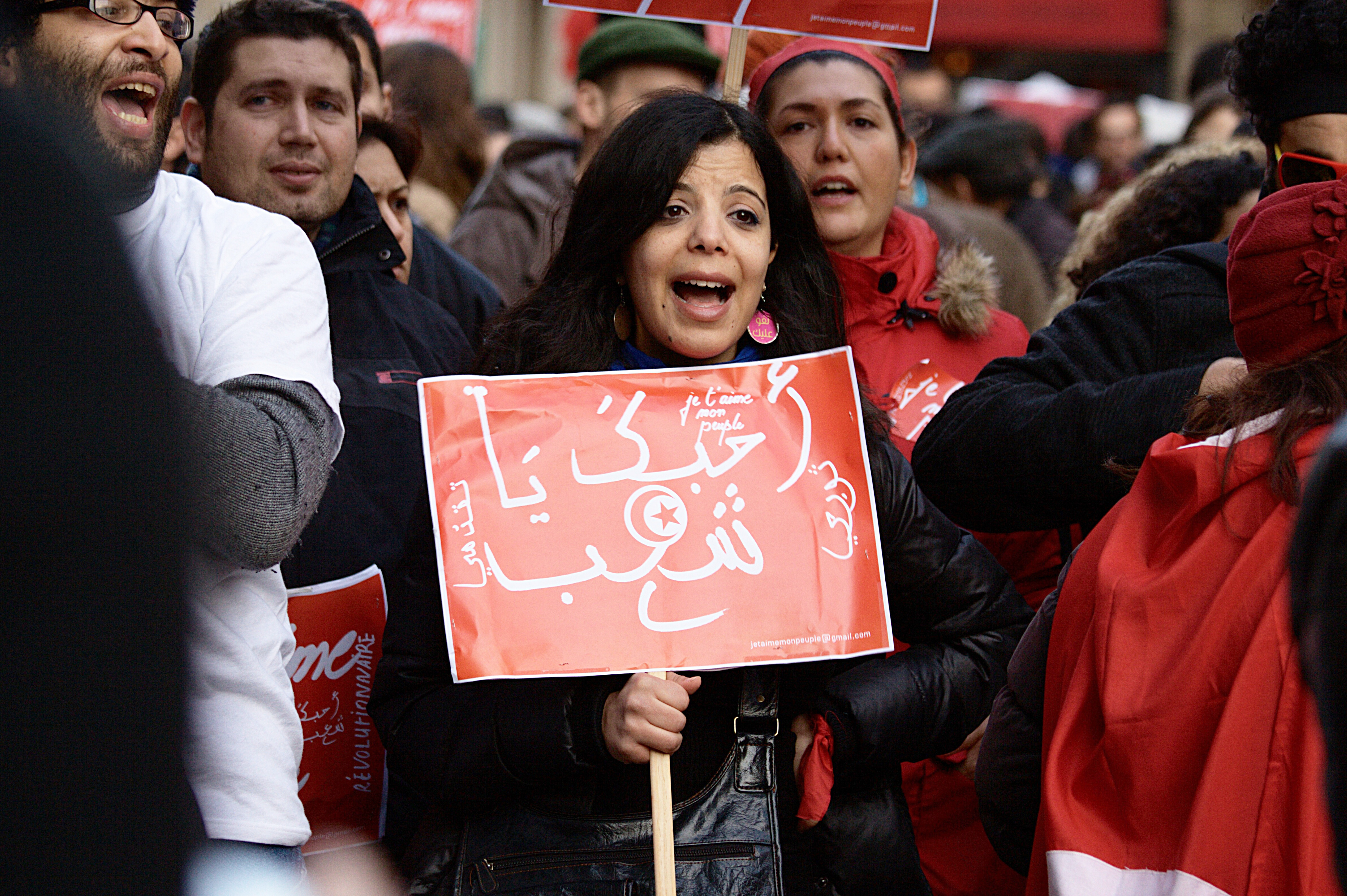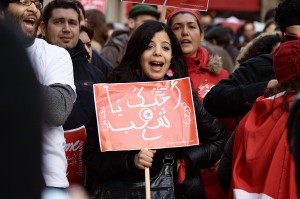Examining the rise of social media activism

A 16-year-old Palestinian girl tweeted about Israel’s Gaza offensive, sparking a common debate

The rise to dominance of social media, much like the invention of the television, has had a great impact on our society.
It has provided us with the ability to communicate with and get closer to people in various parts of the world.
More importantly, an unintended consequence of social media lies in the fact that it has developed political importance.
It is used during times of conflict with increased frequency and with the purpose of raising awareness about important issues, thereby helping revolutionaries further their cause.
The Arab Spring marked the first time social media was used as an effective means of springing up dialogue and generating global rapport about a struggle.
It initiated the period in which social media began to affect public opinion and international support through the quick and instant spread of news, information and ideas.
However, there are still many limitations in the use of social media in revolutions.
In the Egyptian 2013 coup d’état, social media played a very small role in removing Mohammed Morsi from power.
It was key in keeping the rest of the world informed on what was happening at the time, but the change came from the protests of those on the ground with economic grievances, who were politically oppressed.
Furthermore, social media creates weak ties that reduce the effectiveness of revolutions because it facilitates the building of casual interest, but this casual interest very rarely turns into serious, dedicated support.
For instance, back in 2012, Invisible Children released a 30-minute video with the purpose of bringing awareness to Joseph Kony’s inhumane crimes, which caught the attention of millions of people around the globe.
However, he continues to live freely as a warlord.
He has not yet been captured and very few people show support for the cause now, especially in comparison to the size of the bandwagon in 2012.
There are still many debates over social media’s effectiveness.
It has become an essential tool for drawing attention to conflicts, but has done little else to reach a solution.
Social media allows users to keep themselves updated on events happening across the world and freely share their ideas and values with others.
It also allows for those experiencing the conflicts first-hand to draw international attention to themselves in order to share their point of view on what is happening.
Earlier this year, Twitter became particularly useful for a 16-year-old Palestinian girl named Farah Baker.
She gained several new followers during the conflict, presumably because of her tweets about the agony and despair around her neighbourhood in Gaza.
With Baker’s tweets, Twitter users were also able to track the conflict from the point of view of a local.
Though it may be hard to predict the future effectiveness of social media its presence is impossible to ignore.
As we become more reliant on social media for several political reasons, governments are likely to become compelled to hold themselves to higher standards of good governance and accountability.
However, the process of solving a conflict will continue to depend on and involve the actions of people offline, who are on the ground organizing and mobilizing others.


